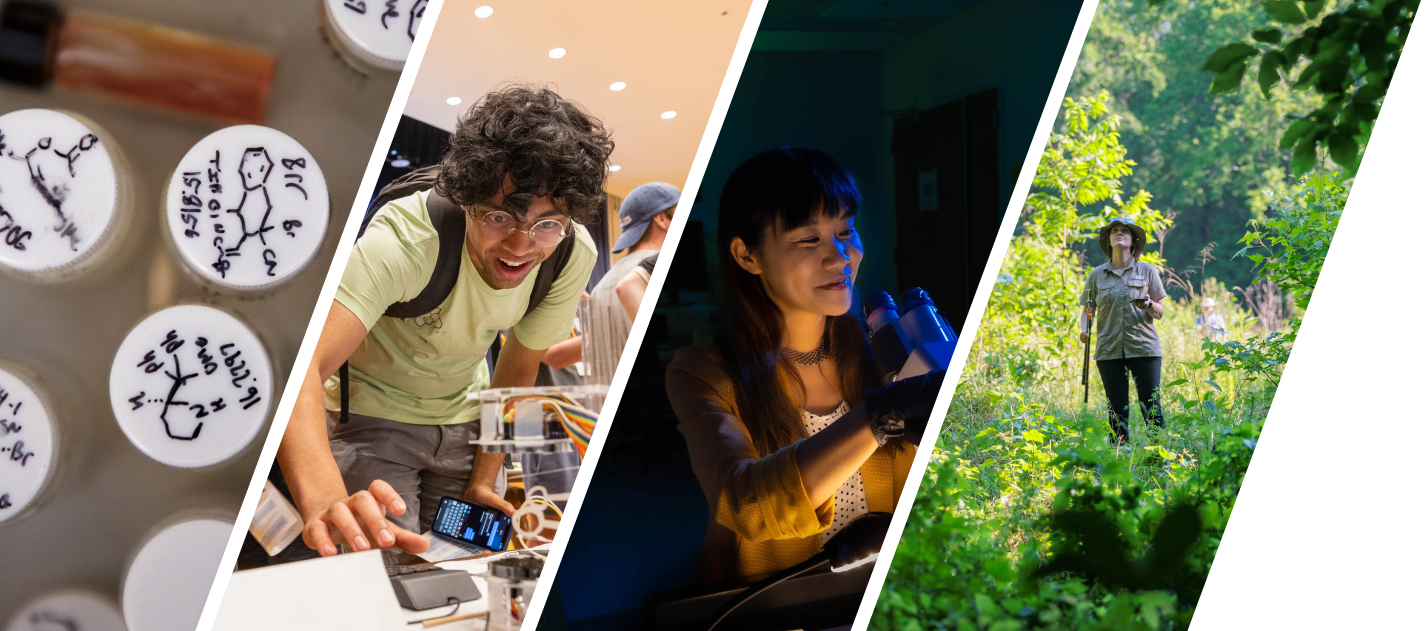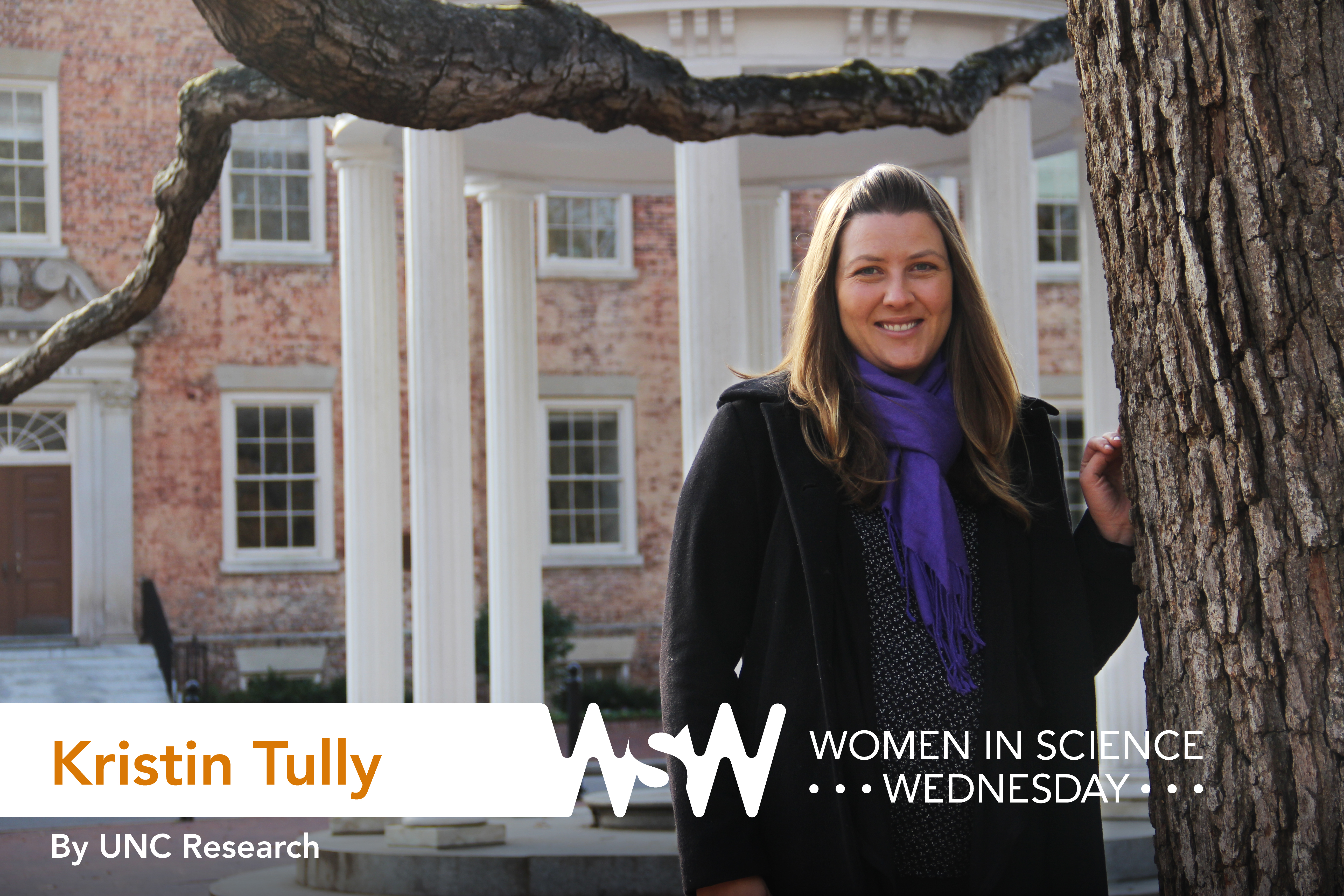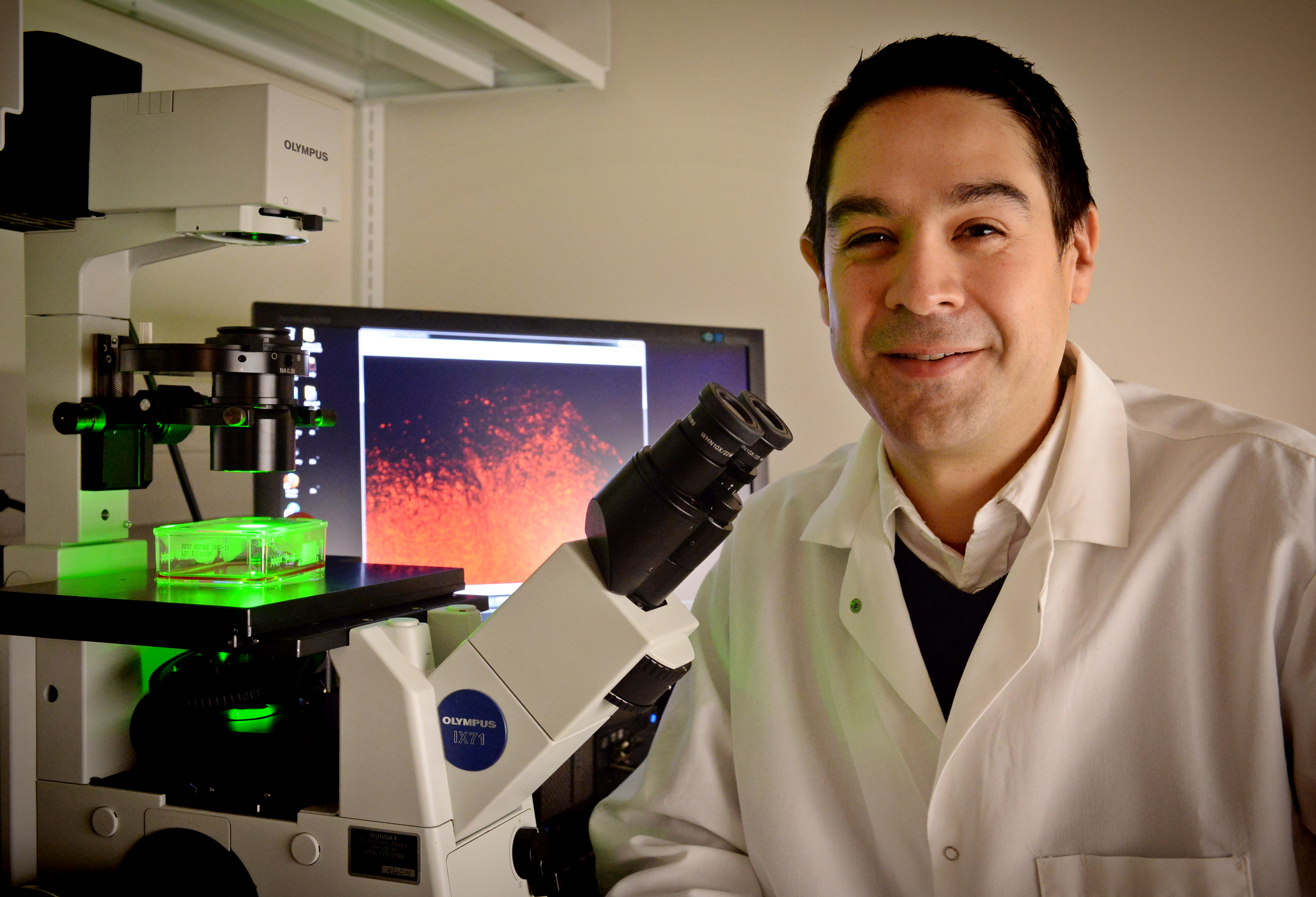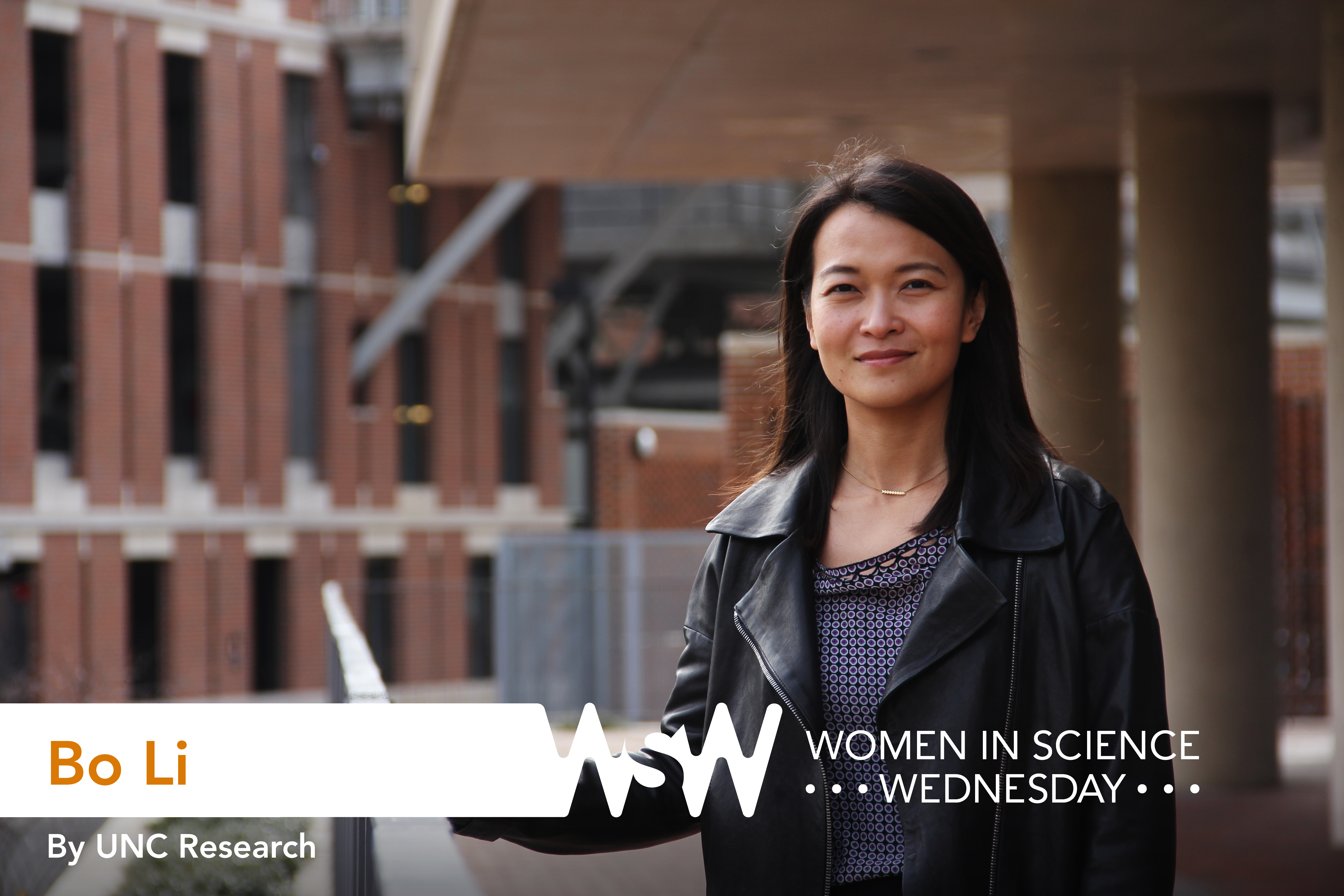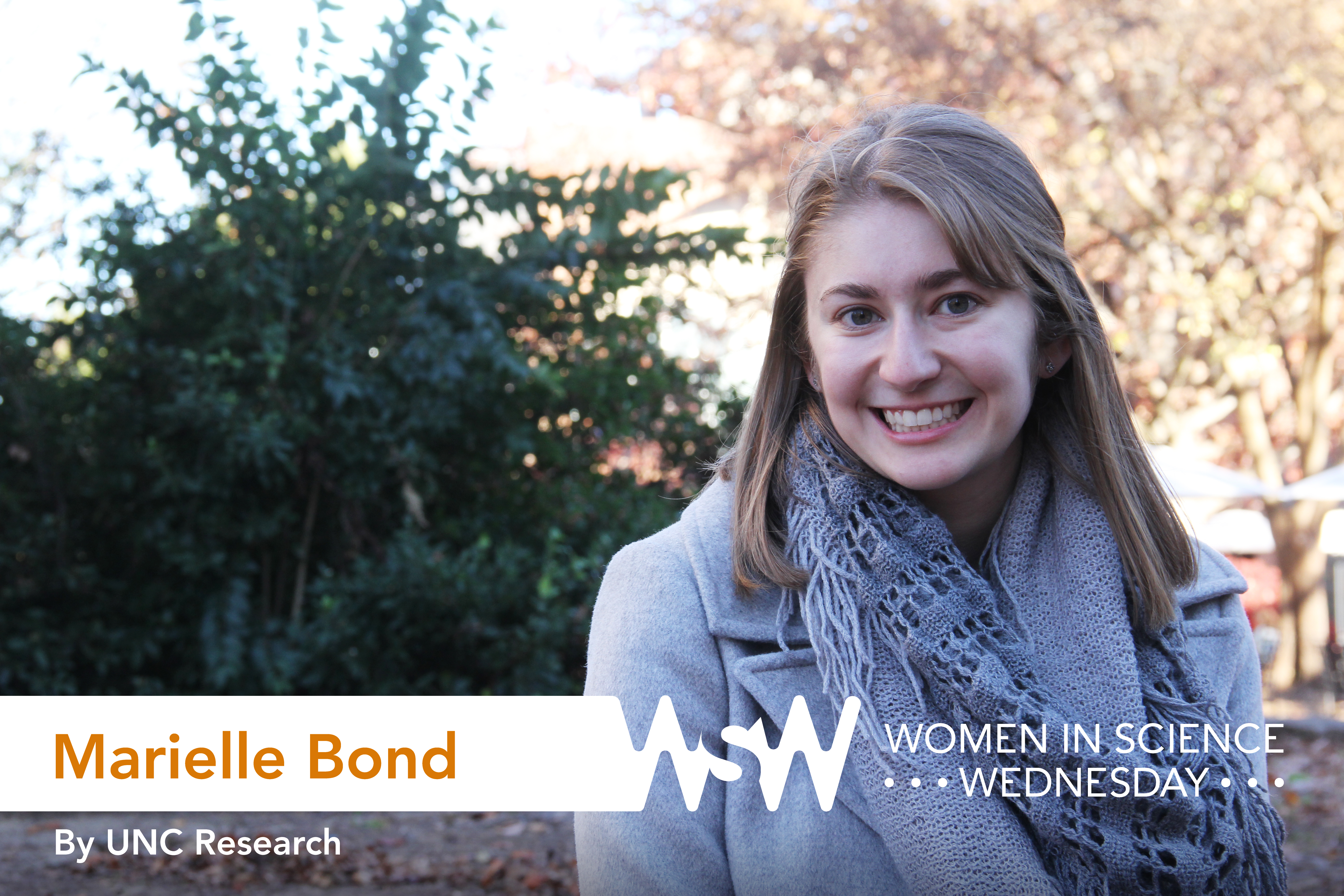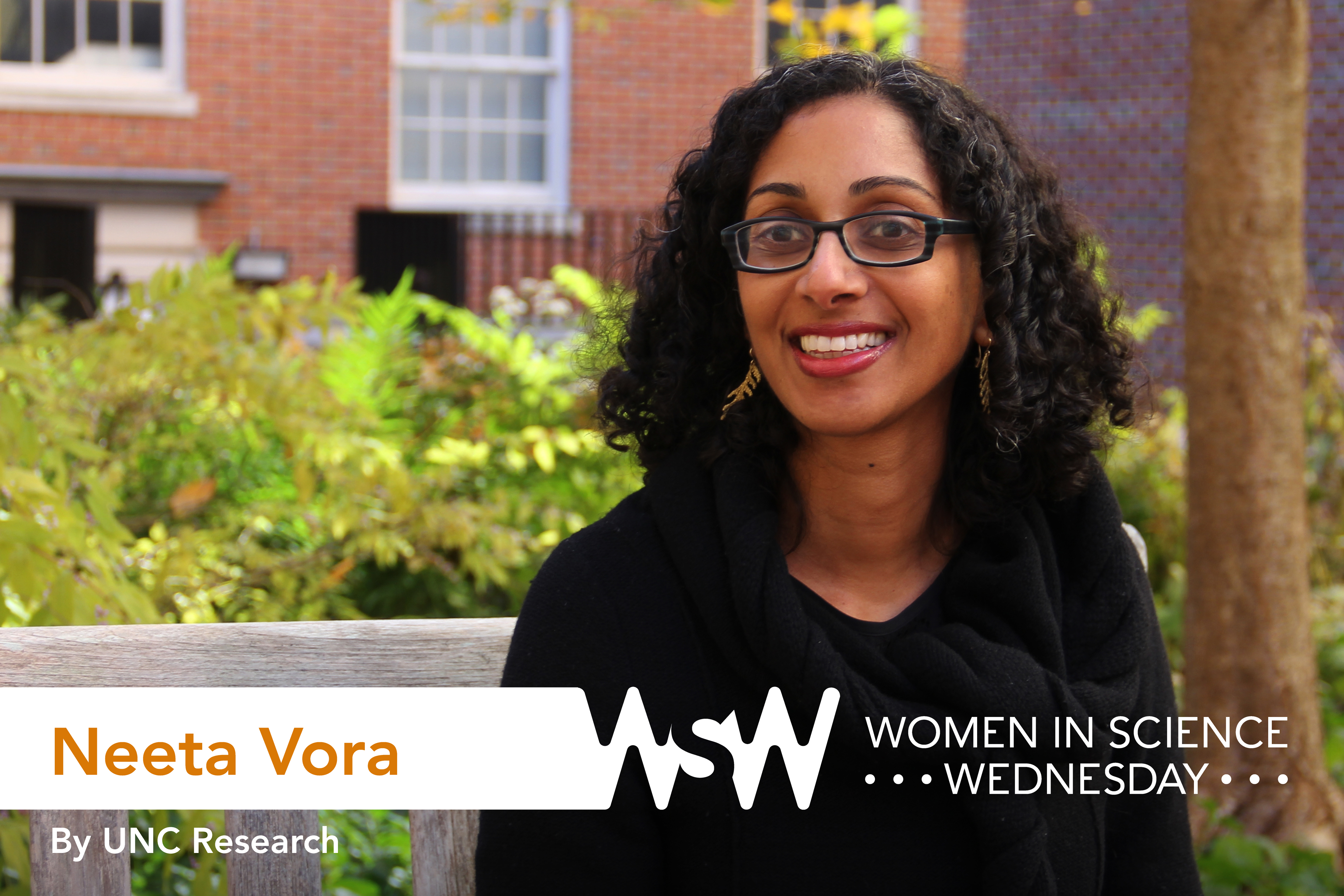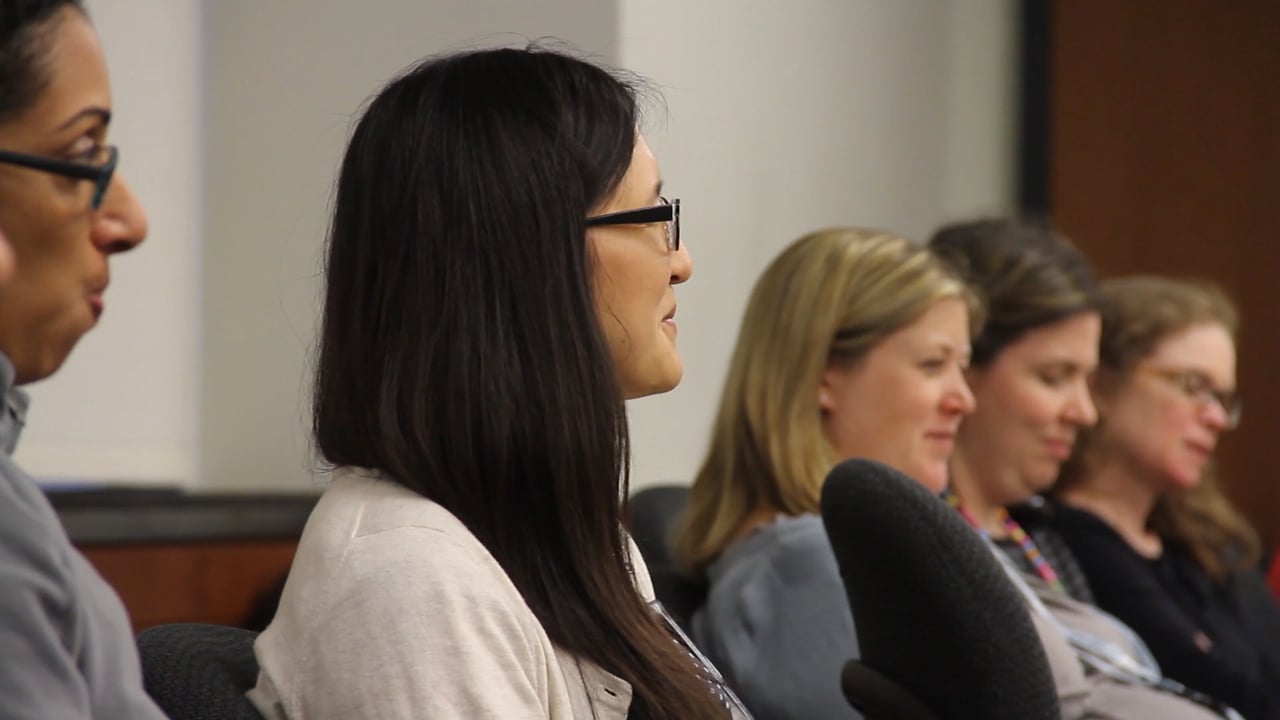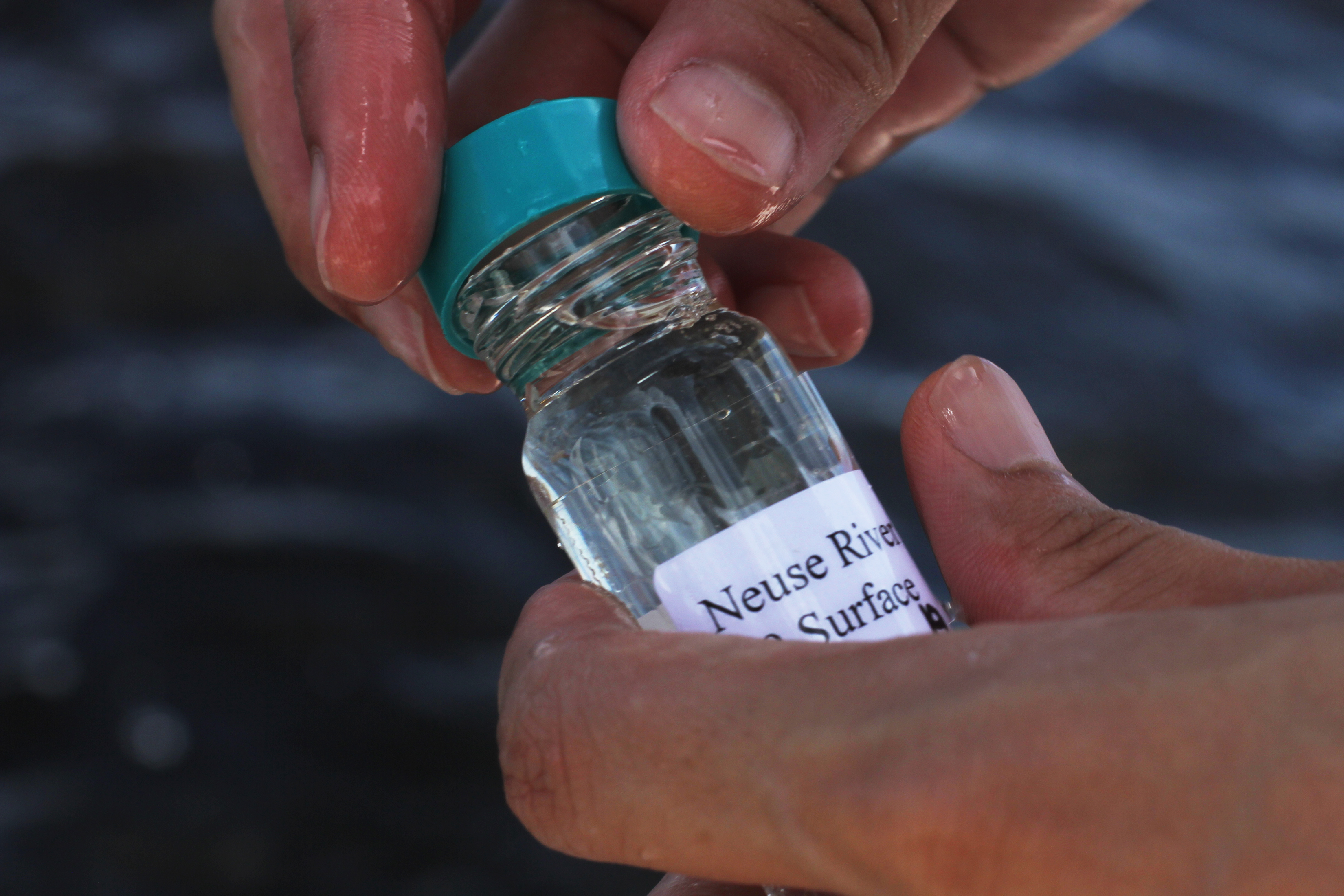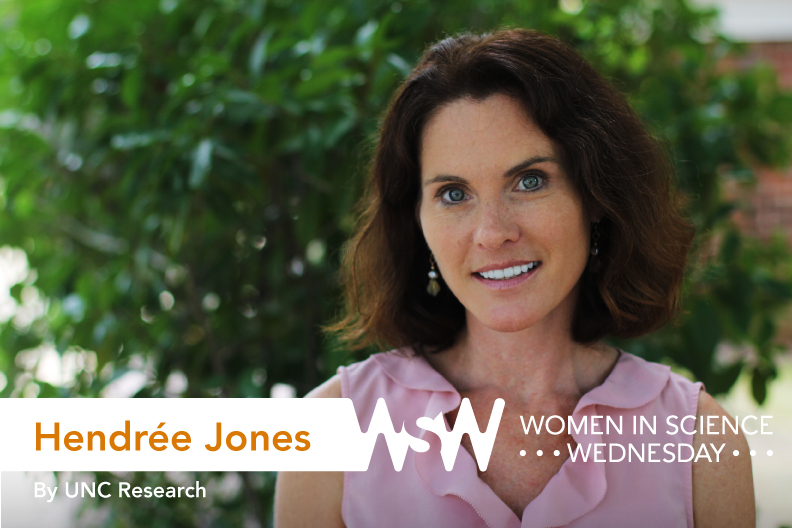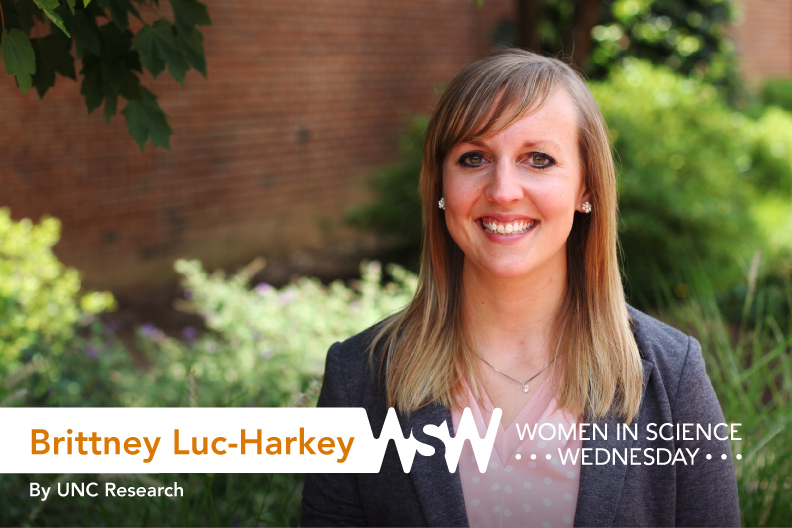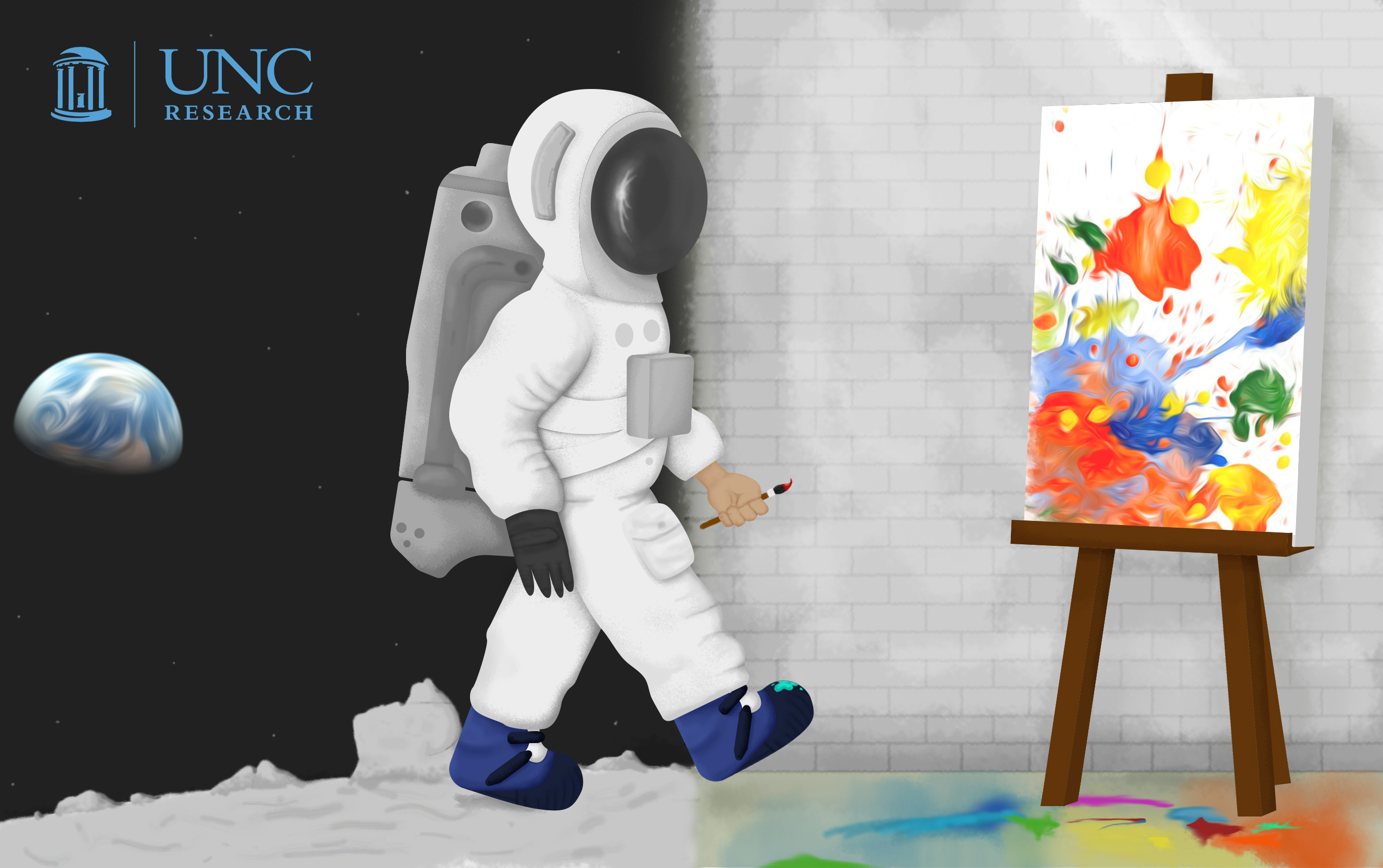Kristin Tully
Kristin Tully is a research associate at the Carolina Global Breastfeeding Institute within the UNC Gillings School of Global Public Health. Her research focuses on maternity care, patient-provider communication, breastfeeding experiences, and parent-infant nighttime interactions. Most recently, she received an Improving Human Health Award from the North Carolina Translational and Clinical Sciences Institute to design and develop infant side-car bassinets for U.S. postnatal units.
A Living Scalpel to Fight Brain Cancer
A new technique uses stem cells to deliver anti-cancer drugs to aggressive brain tumors that are, otherwise, often inaccessible. This potentially life-saving treatment was developed by UNC pharmacoengineer Shawn Hingtgen.
Bo Li
Bo Li is an assistant professor of chemistry within the UNC College of Arts & Sciences. Most recently, she was one of 18 fellows to receive a Packard Fellowship in Science and Engineering. Her research focuses on the bioactive small molecules produced by bacteria and the ways in which they may help defend the human body against infectious diseases.
Pentecostalism and Prestige in the Dominican Republic
How did the fastest-growing religious movement in Latin America transform local culture in a Catholic country? UNC anthropologist Brendan Thornton explains.
Marielle Bond
Junior Marielle Bond is an undergraduate researcher in the UNC College of Arts and Sciences double-majoring in biology and philosophy. Her research focuses on how signaling proteins involved in cell division can cause cancer and how those protein pathways can aid cancer treatments.
Proving Innocence: Lessons from The Wilmington Ten
In 1971, as civil rights battles raged across the South, 10 young men and women fought for fair treatment within Wilmington, North Carolina’s newly desegregated schools. UNC historian Kenneth Janken shares their story in his new book, “The Wilmington Ten: Violence, Injustice, and the Rise of Black Politics in the 1970s.”
Neeta Vora
Neeta Vora is a medical doctor and assistant professor of maternal-fetal medicine in the Department of Obstetrics and Gynecology within the UNC School of Medicine. Her research focuses on the role of fetal factors in the initiation of spontaneous preterm birth. She is a member of UNC’s Caregivers at Carolina program, which supports young doctors who see patients and also conduct research.
A Caregiving Community at Carolina
A new program funded by the Doris Duke Charitable Foundation strives to create better work-life balance for UNC physician scientists who have extreme caregiving needs at home.
Sequencing the Sea
Marine scientists at UNC are taking a new approach to figuring out why and how microalgae blooms occur in the Neuse River Estuary.
Hendrée Jones
Hendrée Jones is the executive director of UNC Horizons, a professor of obstetrics and gynecology in the UNC School of Medicine, and an adjunct professor in the UNC College of Arts & Sciences Department of Psychology and Neuroscience. She is an internationally recognized expert in the development and examination of both behavioral and pharmacologic treatments for at-risk pregnant women and their children.
Brittney Luc-Harkey
Brittney Luc-Harkey is a doctoral candidate in the Human Movement Science Curriculum in the Department of Allied Health Sciences in the UNC School of Medicine. She works in the Sports Medicine Research Lab, and her research focuses on developing non-surgical interventions that decrease disability and improve long-term outcomes in individuals with joint injury and disease.
One Giant Leap in the Dark
We can’t know how a transformative experience — like walking on the moon — will change us until we make that first small step. UNC philosopher L.A. Paul explains.



